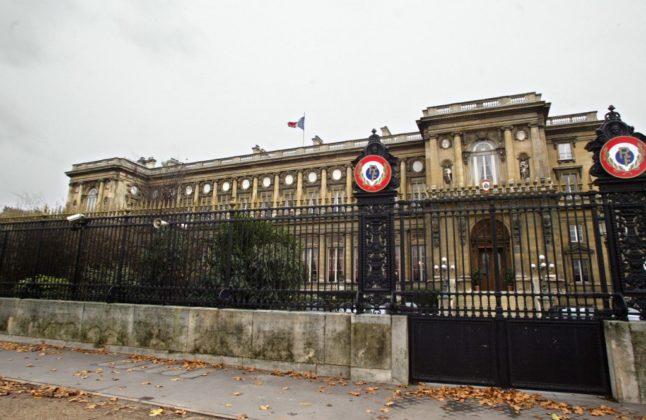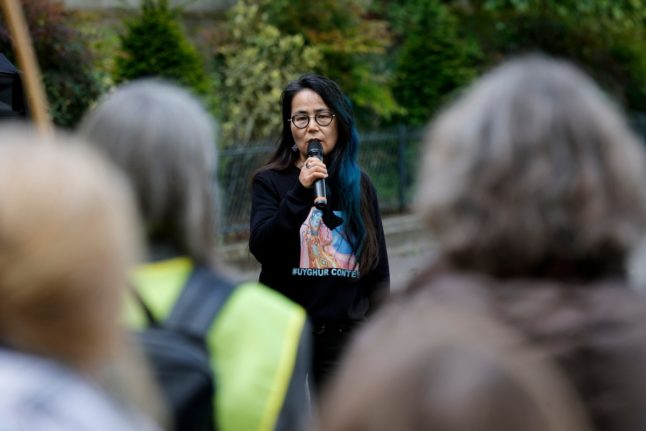“The Quai d’Orsay is disappearing little by little,” read a statement from six staff unions, using a familiar name for the French foreign ministry’s headquarters on the south bank of the Seine in central Paris.
The main complaint is a reform to career structures which will see the special status accorded to the most senior diplomats scrapped from next year, unions say.
“These measures dismantling our diplomatic service make no sense at a time when war has returned in Europe,” their joint statement said.
Under changes championed by President Emmanuel Macron, and rushed through by decree in April, top foreign service officials would lose their special protected status and be absorbed in a larger pool of elite public sector workers.
This could mean France’s roughly 700 most senior diplomats being asked to join other ministries and facing competition from non-diplomats for top postings.
“We’re very worried,” one serving diplomat told AFP on condition of anonymity. “We’re not interchangeable. I have the utmost respect for my colleagues in other state services but I don’t know how to do their job and they don’t know how to do mine.”
The strike has been called for June 2nd.
France has the third-biggest foreign service in the world after China and the United States, with around 14,000 employees at the foreign ministry in total.
The vast majority of these are non-diplomats or people on local contracts in countries around the world.
The aim of the government shake-up is to encourage more mobility between state services, which have historically been divided up into separate units with rules and job protections that make moving between them very difficult.
The government is also keen to attract new, more diverse candidates to the diplomatic service by opening new routes to the ministry, but critics see a danger of political interference.
“The door is now open to American-style nominations,” former ambassador to Washington and vocal critic of the reform, Gerard Araud, tweeted last month.
American ambassadors are named by the president, who often uses the power to reward political allies and donors with plum foreign postings.
The last and only strike by French diplomats was in 2003 to push for pay increases.
The stoppage on June 2nd underlines “the real malaise in the ministry, which does not have a rebellious culture,” Olivier da Silva from the CFTC union said.



 Please whitelist us to continue reading.
Please whitelist us to continue reading.
Member comments